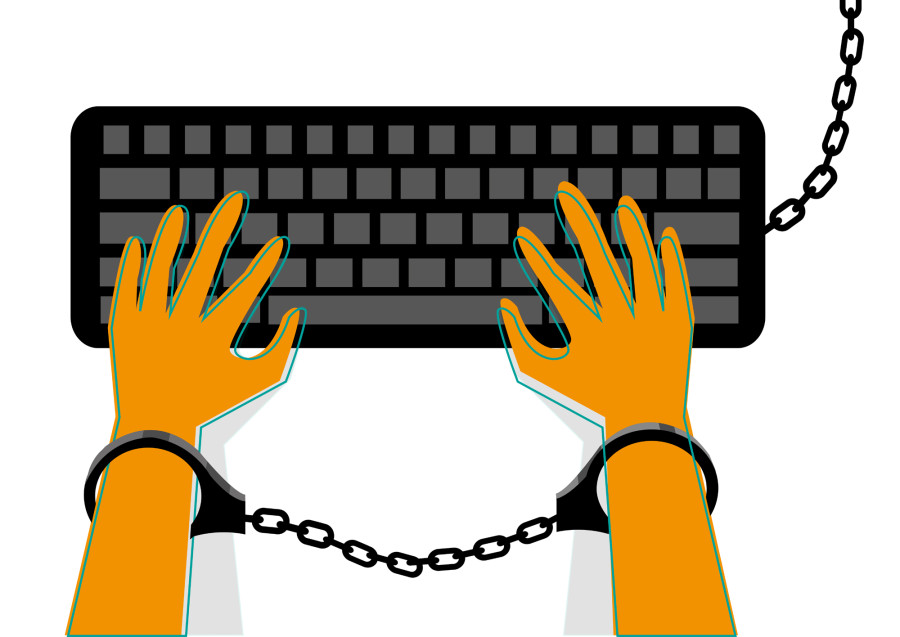Editorial
Hard to say
This year seems to be a critical year to test every citizen's fundamental right to express their opinions
In yet another attempt to shrink and possibly shut down spaces for freedom of expression, the government has proposed a new law that seeks to introduce harsh punishment for posting ‘improper’ content on social networking sites. The law, which gives authorities the agency to construe content on social media as character assassination and attacks on national sovereignty, is regressive, to say the least. The move, if anything, highlights the deep insecurities of the government, which has time and again criticised social media for its susceptibility to ‘hate speech’ and ‘ability to create chaos’.
And this intention to table a new law is just another display of that anxiety. Headlines are replete with examples of this high-handedness. With a slew of government legislation that aims to curtail the people's hard-earned freedom of expression—the cornerstone of any democratic society—this seems to be a critical year to test every citizen’s fundamental right to express their opinions.
But what constitutes ‘improper’ content on social media? Who determines and defines the rubric for what is and isn’t ‘hate speech'? The laws are worded as vaguely as they can be. Clearly, such vagueness leaves room for the authorities to interpret anything and everything subjectively, ultimately abusing their power and positions to suit their economic and political interests. Granted, it is important to combat fake news and disinformation. But that does not mean stripping people of their fundamental rights. That is not how democratic regimes function.
This ongoing onslaught of legislation against social media also pokes glaring holes in the intention to build a ‘Digital Nepal’. If the government is serious about incorporating technology in Nepal’s development, it must realise that attempting to govern forums on the internet is a regressive step. A prospering digital sector cannot be achieved if legislation actively discourages people from exercising their fundamental rights online.
The promise of the internet was that it would give everyone a voice by turning the way people communicate on its head. And it is well understood why the government is hell-bent on demonising online media and platforms: The internet poses a threat to their control. What’s more, social media enables two-way communication. Instantly. People can directly challenge the authority and their incompetencies can be laid bare. This ease of immediate access and dialogue has the potential to turn historically disempowered individuals to transform into those who have a say in issues that matter. Each one writing a little sentence and others gradually taking it on from there.
If we have elected the government to the political office, it is also our fundamental right to criticise and hold them accountable. It is important to understand that only when we are allowed to exercise our rights do we become citizens. The minute the state begins exercising its control arbitrarily and seeks to direct opinions, citizens turn into subjects. For a democracy, nothing can be more worrying than that.




 9.68°C Kathmandu
9.68°C Kathmandu














